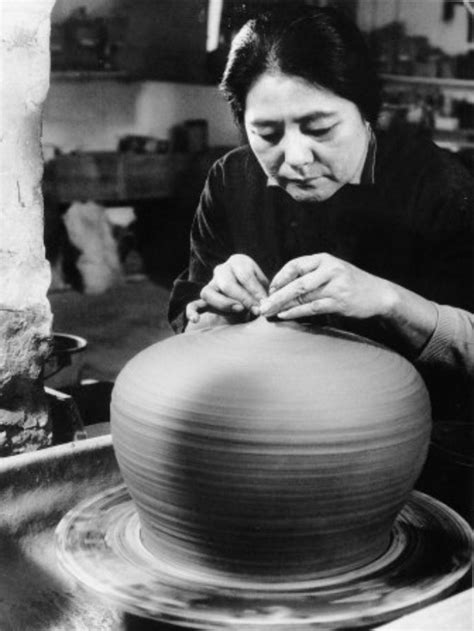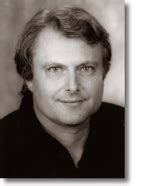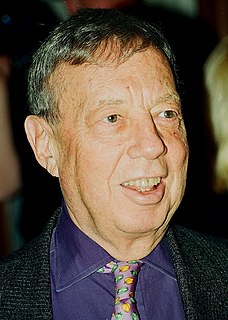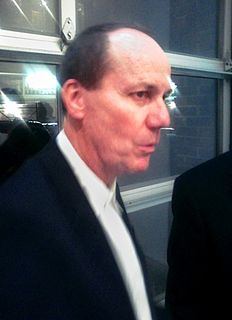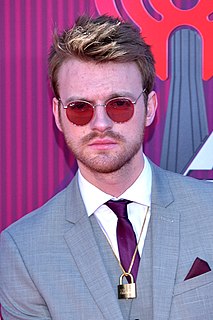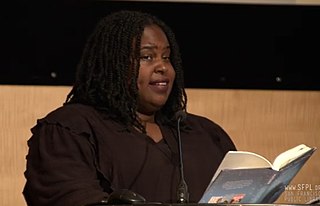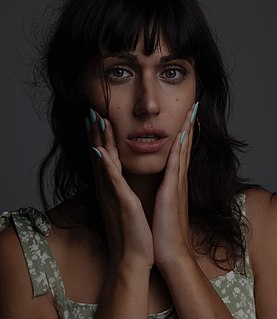A Quote by Patti Smith
I always wanted to be an artist, writer and poet since I was seven, and one has to live long enough to evolve as an artist and do one's finest work.
Related Quotes
As an artist, I never wanted to be fettered by gender nor recognized or defined as a female poet, musician or singer. They don't do that with men - nobody says Picasso, the male artist. Curators call me up and say, "We want your work to be in a show about women artists," and I'm like, why? For Christ's sake, do we have to attach a gender onto everything?
A life lived in chaos is an impossibility for the artist. No matter how unstructured may seem the painter's garret in Paris or the poet's pad in Greenwich Village, the artist must have some kind of order or he will proudce a very small body of work. To create a work of art, great or small, is work, hard work, and work requires discipline and order.
Why was the painting made? What ideas of the artist can we sense? Can the personality and sensitivity of the artist be felt when studying the work? What is the artist telling us about his or her feelings about the subject? What response do I get from the message of the artist? Do I know the artist better because of the painting?
An artist never works under ideal conditions. If they existed, his work wouldn't exist, for the artist doesn't live in a vacuum. Some sort of pressure must exist. The artist exists because the world is not perfect. Art would be useless if the world were perfect, as man wouldn't look for harmony but would simply live in it.

